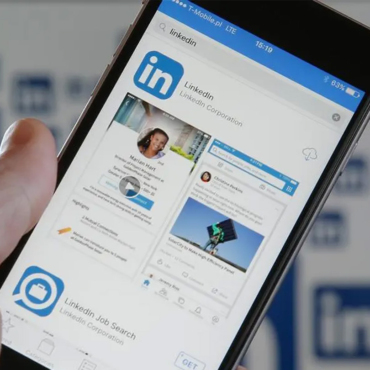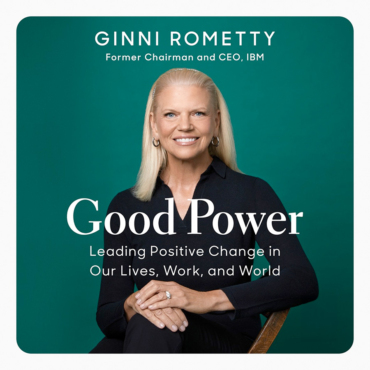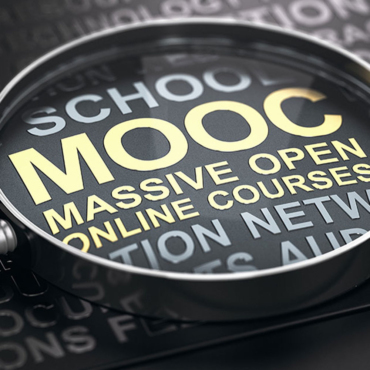Spring is in full bloom – everything around is filled with bright colors, fresh air, and a sense of renewal. It’s a time when you want to discover something new, feel inspired, and experience life to the fullest.To help you do that, we’ve put together a selection of uplifting American films that perfectly capture the spirit of spring – from romance and lightness to awakening and transformation.
Breakfast at Tiffany’s (1961)
A young writer, Paul Varjak, moves to New York and meets his neighbor Holly Golightly – an eccentric and charming woman who lives off the gifts of admirers and dreams of marrying a millionaire. As they get to know each other, Paul sees beyond Holly’s carefree exterior and discovers a lonely, sensitive soul. The film tells the story of how they both find their way – to themselves and to each other – despite their different outlooks on life. An adaptation of Truman Capote’s novella, starring Audrey Hepburn.
The Sound of Music (1965)
Set in 1930s Austria, Maria, a postulant from a convent, becomes a governess in the home of Captain von Trapp – a widower raising his seven children with strict discipline. At first, the children resist her, but Maria slowly wins their trust. With her arrival, the house is filled with music, laughter, and warmth – like sunshine after a long winter. This musical, inspired by the true story of the von Trapp family, is full of unforgettable songs and a bright atmosphere, even as dark times loom on the horizon.
Field of Dreams (1989)
Farmer Ray Kinsella lives in Iowa with his wife and daughter. One day, he hears a voice saying, “If you build it, he will come.” Inspired by this mysterious message, Ray decides to cut part of his cornfield and build a baseball diamond. Despite the skepticism of others, he follows this call – setting off a chain of unexpected events that touches not only his own family but also strangers whose lives are deeply connected. A warm, soulful story about faith, intuition, memories, and finding meaning in the most unexpected places.
The Secret Garden (1993)
After losing her parents in an earthquake in India, 10-year-old Mary Lennox is sent to live with her uncle in England, in his large and gloomy estate. In this mysterious and silent house, Mary faces loneliness and emotional distance. Soon, she learns about a hidden, neglected garden that had been locked away after a family tragedy. With the help of local boy Dickon and her withdrawn cousin Colin, she brings the garden back to life. A story about friendship, inner growth, and how care and nature can awaken even the most closed heart.
Big Fish (2003)
When Edward Bloom falls seriously ill, his adult son Will returns home to be with him in his final days. Will has heard his father’s unbelievable stories all his life – tales of a witch with a removable eye, a giant friend, a circus, and a love at first sight. He believes them to be nothing but fantasy. In an effort to understand who his father truly was, Will uncovers a world where fiction and reality blend in unexpected ways.
Directed by Tim Burton, this film explores the power of memories, how people perceive the world, and how stories can be the key to understanding life itself.



















